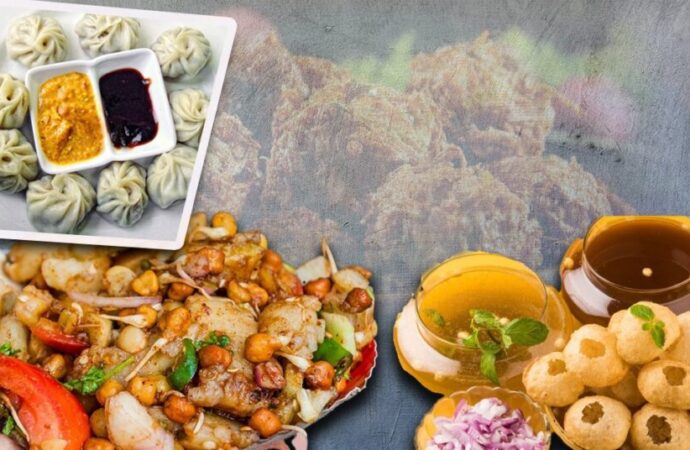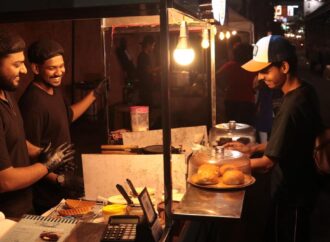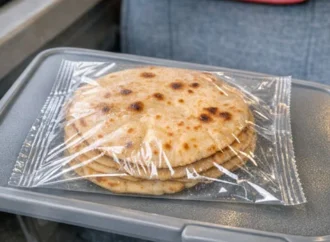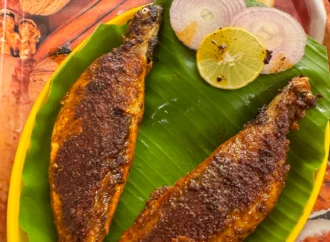Introduction
The government plans to set up model street food centres in 10 major cities and 100 districts to showcase the distinct flavours of each region, as Union Minister of State for Health Prataprao Jadhav confirmed. During the launch of the Clean Food Initiative by FSSAI at Suresh Bhat Auditorium, Jadhav emphasized the importance of street food vendors maintaining strict hygiene standards, even while preserving the unique and delicious taste of Indian street food.
The government will establish street food roads managed by FSSAI in these cities and districts. Jadhav urged vendors to prioritize hygiene, particularly during the festival season and changing weather, to prevent the spread of viral infections.
Analysis
Street food plays a key role in India’s economy and reflects the country’s rich culinary history. Street food businesses are expanding into rural areas, where they are recognized as complementary to the agricultural sector. Jadhav highlighted the distinct character that street food brings, as seen in Mumbai’s famous food alleys.FSSAI will ensure the quality of street food through regular inspections and guidelines. Jadhav encouraged vendors to improve their methods by participating in FSSAI training programs, which teach food safety and hygiene practices. He also urged them to take advantage of the Swanidhi Scheme, which provides loans for business expansion. Recent training sessions in Nagpur and Mumbai saw participation from 2,000 and 1,000 individuals, respectively. FSSAI remains committed to providing food that is healthy, tasty, and affordable. Following FSSAI guidelines can help vendors grow their businesses and earn consumer trust.FSSAI Executive Director U.S. Dhyani pointed out that obtaining FSSAI certification boosts the credibility of food products, increasing trust among domestic and international customers.
Key Highlights
- Experts demonstrated proper food handling and safety practices.
- Trainees learned to use safety kits and received a DART Book to detect food adulteration.
- They were informed about the RUCO program, which converts used cooking oil into biodiesel and raises awareness about single-use plastics.
- Participants earned FOSTAC certification for food safety and handling.
- Street food vendors from Mumbai participated via audiovisual technology.
Source: Times of India
 Food Manifest
Food Manifest 


















